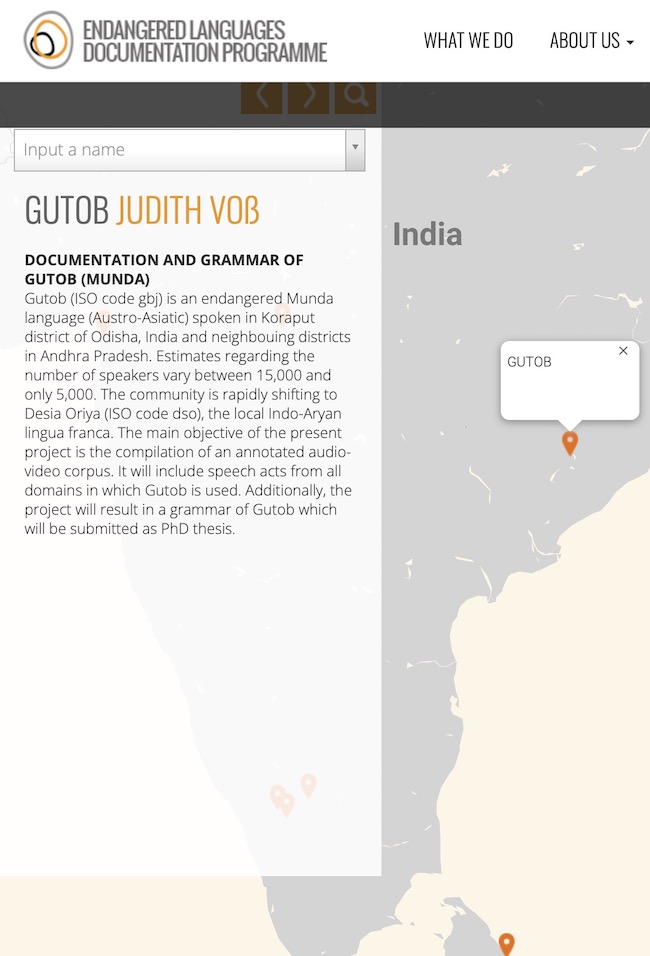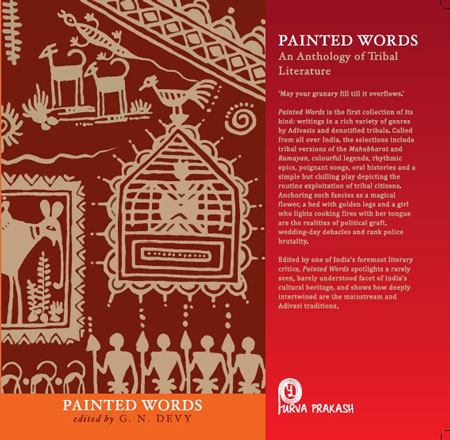A language is a window onto a culture, history and way of life. So what do we lose when a community stops speaking the language of its ancestors? John Gallagher is joined by Gwenno, who writes and sings in Cornish, and researchers working to reclaim endangered languages around the world.
With Mandana Seyfeddinipur of the Endangered Languages Documentation Programme, and Mel Engman and Mary Hermes who work in communities that speak Ojibwe, an indigenous language of Minnesota and elsewhere in North America.
Success stories, goals and projects discussed from 21:50:
“The amazing work by communities being done all over the world. The endangerment situation and the situation of the speaker community differs across the regions. Each language is an incredible creation of the human mind and the social structure of the community [and] our future goal has to be that the materials that are created are useful to the community if they are going to be reutilized.” […]
“Oral tradition is very strong still. We have been producing books and materials for twenty years and we have been very careful because people respect that way of learning. […]
Making a videogame we are reaching across generations using digital and ask permission [as] books are really different from stories.”
This New Thinking episode of the Arts and Ideas podcast was made in partnership with the Arts and Humanities Research Council, part of UKRI
Source: “New Thinking: Language Loss and revival”, BBC Radio 3, 13 January 2023
URL: https://www.bbc.co.uk/programmes/p0dw6ctr
Date Visited: 23 January 2023
The emergence of a pan-Indian nationalism in the course of the anti-colonial struggle was accompanied at the same time by the emergence of specific regional-linguistic nationalisms, such as Bengali, Tamil, Gujarati, Telugu or Oriya nationalisms; indeed, pan-Indian nationalism was propagated in regional languages whose flowering had come with the rise of regional-linguistic nationalisms. Such a “dual national consciousness” (to use Amalendu Guha’s phrase) was possible only under the umbrella of anti-colonialism. The post-Independence administrative arrangement corresponding to this duality was a federal structure with a division of powers and responsibilities between the Centre and the states, the latter seen as the custodian of regional-linguistic national consciousness.
Source: “On nationalism: Fusing the leader with the nation” by Prabhat Patnaik (Professor Emeritus, Centre for Economic Studies, Jawaharlal Nehru University, New Delhi), The Telegraph (Opinion), 8 March 2023
URL: https://www.telegraphindia.com/opinion/on-nationalism-fusing-the-leader-with-the-nation/cid/1921023
Date Visited: 8 March 2023

Endangered Languages Documentation Programme
To view the interactive map, click here >>
Today there are about 6,500 languages spoken worldwide and at least half of those will have fallen silent by the end of this century. In many areas of the world, globalisation creates economic, political and social pressures on people who in response give up their traditional ways of life, find new sources of income and move to cities. This causes speakers to cease speaking their traditional languages, and turn to other, typically more dominant languages to foster economic and social mobility for their children.
While throughout human history speakers have shifted to other languages, the speed of this development has increased dramatically over the past century. Each of these languages expresses the unique knowledge, history and worldview of their speaker communities, and each language is a specially evolved variation of the human capacity for language. Many of these disappearing languages have never been described or recorded and so the richness of human linguistic diversity is disappearing without a trace.
The Endangered Languages Documentation Programme responds to this loss by supporting researchers to document endangered languages worldwide.
Our key objectives are
• to support the documentation of as many endangered languages as possible
• to encourage fieldwork on endangered languages
• to create a repository of resources for linguistics, the social sciences, and the language communities themselves
• to make the documentary collections freely available
Source: LANGUAGE ENDANGERMENT by the Endangered Languages Documentation Programme (ELDP)
URL: https://www.eldp.net
Date Visited: 23 January 2023
[Bold typeface added above for emphasis]
Find publications by reputed authors (add “open access” for freely downloadable content)
PDF-repository: texts quoted & further reference (Google Drive) >>

Tribal Literature by G.N. Devy >>
Free eBooks & Magazine: Adivasi literature and languages >>
Learn more
Adivasi Academy & Museum of Adivasi Voice at Tejgadh
Bhasha | Read or download titles for free (eBooks & Magazine)
eBook | Adivasi Stories from Gujarat | Background guide for education
People’s Linguistic Survey of India | Volumes (PLSI) | PeoplesLinguisticSurvey.org
Tip: click on any red marker for details on endangered languages in a particular region of India.
Please note: the facts and figures cited (via hyperlinks) links call for updates and fact checking >>
Cultural invisibility – India’s 600 potentially endangered languages | Linguistic Survey of India (official website) >>